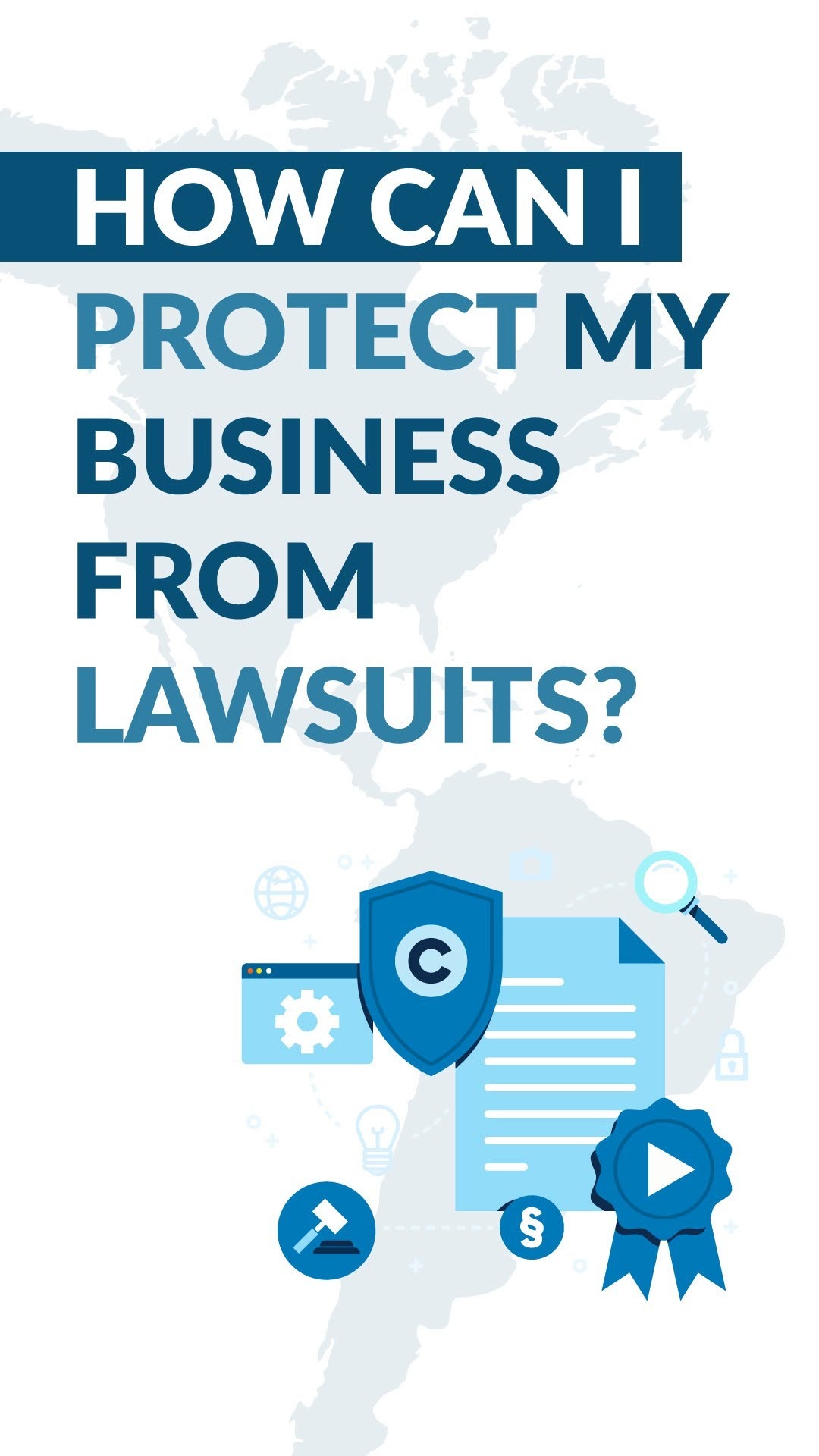

Since 2010, the Global Law Experts annual awards have been celebrating excellence, innovation and performance across the legal communities from around the world.
posted 2 months ago
Violation of a Non-Compete Clause by an Employee or Former Employee can lead to serious disputes between employers and former staff. Understanding the legal remedies, enforcement challenges, and key considerations is essential for both sides. Employers often seek injunctions or damages to protect business interests, while employees may challenge the validity or scope of such clauses. This article explores how courts evaluate enforceability and what factors determine fair outcomes.
Non-compete obligations vary by individual status and agreement type:
Employees – breach the clause if they engage in any competing activity during employment, such as running a similar business, working for a competitor under any legal basis, or freelancing in the employer’s market.
Former employees – can breach post-employment non-compete agreements, especially when they have access to sensitive information. Violations may occur even while receiving compensation for complying with the clause.
Management board members & liquidators – may not engage in or support competing businesses without the company’s consent. This includes holding significant shares or participating in management bodies of competitors.
Partners in partnerships – need consent from other partners before engaging in competing interests. This restriction applies during operations and liquidation periods.
Contractors – are bound by civil-law non-compete clauses if explicitly included in the contract. Breach consequences depend on what was agreed between the parties.
If an employee breaches a non-compete clause during employment, it may justify termination for cause. If the damage was unintentional, the employer’s financial claim is limited to the employee’s three-month salary. If the breach was intentional, the employer can seek full compensation.
Importantly, under the Polish Labour Code, penalties (e.g. contractual fines) cannot be imposed for breaches during employment. This is supported by Supreme Court judgments, which confirm that the Code’s liability rules are exhaustive in such cases.
A post-employment non-compete agreement protects a company’s business interests after an employee leaves. Such agreements are especially important when the employee had access to confidential business data. These contracts must define:
The duration of the non-compete (usually not exceeding two years).
The compensation payable to the former employee (often a percentage of prior salary).
If breached, the former employee may face:
Contractual penalties.
Repayment of previously paid compensation.
Full liability for any proven damage.
Additional civil-law claims for losses.
Employers must demonstrate:
Existence of a valid non-compete agreement.
Actual breach by the employee or ex-employee.
A causal link between the breach and the damage suffered.
Common forms of breach include:
Setting up a competing business.
Reaching out to former clients or suppliers.
Sharing or using trade secrets or pricing strategies.
Working covertly for a competitor.
Recruiting former colleagues.
Using company IP in a new job or business.
Such actions can harm the former employer’s finances, competitive advantage, and internal resources.
The key consequences of breaching a non-compete clause are:
Contractual fines, if agreed upon in post-employment clauses.
Compensation for damages if the employer proves loss, fault, and causal link.
In case of intentional misconduct, compensation can cover the full extent of losses.
Civil Code rules apply in post-employment cases, especially regarding contractual liability.
Polish courts emphasize that liability arises when the employee’s fault directly causes damage to the employer. This underscores the importance of both the agreement’s content and the evidence collected.
Non-compete clauses are not just protective measures—they are part of a broader strategy to build a culture of loyalty, protect intellectual property, and deter disloyal behavior. By linking compensation to prior earnings and enforcing violations, companies send a clear message that breach of trust will have consequences. This strengthens internal cohesion and the company’s market position in a competitive environment.
Author


No results available
posted 7 hours ago
posted 2 days ago
posted 2 days ago
posted 4 days ago
posted 4 days ago
No results available
Find the right Legal Expert for your business
Global Law Experts is dedicated to providing exceptional legal services to clients around the world. With a vast network of highly skilled and experienced lawyers, we are committed to delivering innovative and tailored solutions to meet the diverse needs of our clients in various jurisdictions.

When your international business faces financial distress, quick action is key! 🔑 Negotiating with creditors, restructuring debt, and understanding insolvency laws can help regain stability. Global Law Experts is here to guide you through your options.
🌍Explore the details on our website.
🔗Link in bio
#GlobalLawExperts #CommercialLaw #BusinessLaw #LegalAdvice #BusinessGrowth #LegalTips #BusinessStrategy #LegalCompliance #Law #LegalKnowledge #LegalAwareness #Law101 #LegalEducation #IntellectualProperty

Running a business is hard enough — lawsuits shouldn’t make it harder. 🚫 Protect your business with the right legal strategies and expert tools from Global Law Experts. Let’s secure your future together! 💼
🌍Explore the details on our website.
➡️www.globallawexperts.com
#GlobalLawExperts #CommercialLaw #BusinessLaw #LegalAdvice #BusinessGrowth #LegalTips #BusinessStrategy #LegalCompliance #Law #LegalKnowledge #LegalAwareness #Law101 #LegalEducation #IntellectualProperty #Infringed #Ecommerce #LegalBranding

Using NRIC numbers as passwords or identity proof? That era is done. Strengthen your security with multi-factor authentication and biometrics—because your clients' trust depends on it.
#SingaporeLaw #DataPrivacy #CyberSecurity #PDPA #NRIC #MFA #StrongAuthentication #LegalCompliance #ClientTrust

Swiss law protects secured lenders—with precision. From real estate to IP and bank accounts, every asset counts—just as long as it’s defined, documented, and delivered.
#SwissLaw #SecurityInterest #Collateral #InternationalLending #SwissFinance #LegalCompliance #GlobalBusiness #AssetSecurity

Gold trading in Saudi Arabia isn’t just a business—it’s a lab test, a permit, and a legal tightrope. Want to succeed? Start with compliance, hallmarking, and permits—or risk losing it all.
#GoldTrading #SaudiLaw #PreciousMetals #BusinessSetup #LegalCompliance #GlobalBusiness #SaudiArabia #TradeRigour

Second citizenship isn’t permanent—especially if you break the rules. Know the risks and how to safeguard your status: be transparent, stay lawful, and honour all citizenship requirements.
#SecondCitizenship #CitizenshipRisks #DualNationality #Compliance #GlobalMobility #LegalAdvice #ImmigrationLaw

Send welcome message